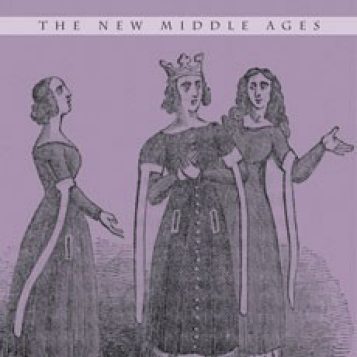Gender and Power in Medieval Exegesis

Theresa Tinkle
Gender and Power in Medieval Exegesis analyzes the nexus of gender and power in biblical commentaries from the fifth to the fifteenth century, focusing on crucial moments in the development of exegesis. The argument pursues the literary trope of the woman on top through major literary-exegetical works: Augustine's Confessions, Jerome's Against Jovinian, the Fleury Slaughter of Innocents, and Chaucer's Wife of Bath's Prologue. Theresa Tinkle reveals how the authoritative woman in these works can signify either a troubling disruption of ordained social order, or an admirable inversion of order that sets the Church apart from dominant culture. Establishing a feminist-historicist perspective, this book situates exegesis in history and exposes the cultural pressures behind exegetes' decision making.
